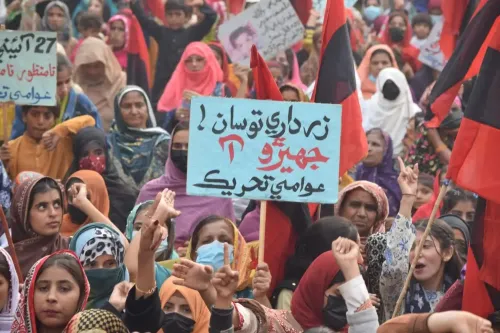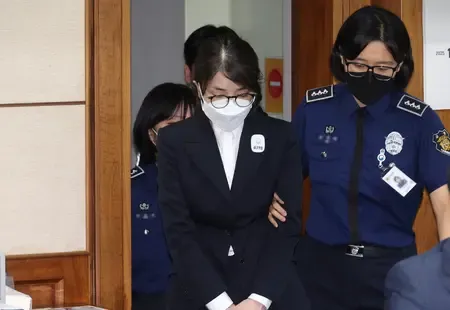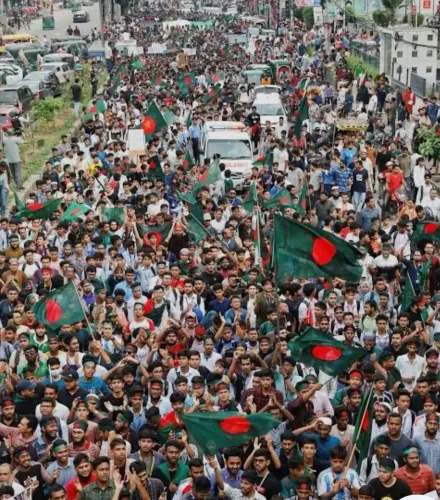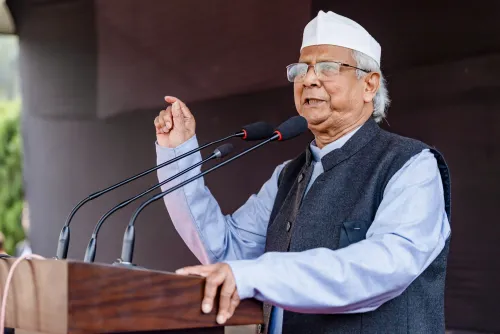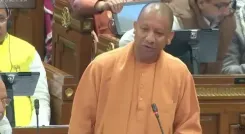Is Kathmandu Mayor Balen Shah Calling for Peace and Support for Former Chief Justice as Interim Government Head?
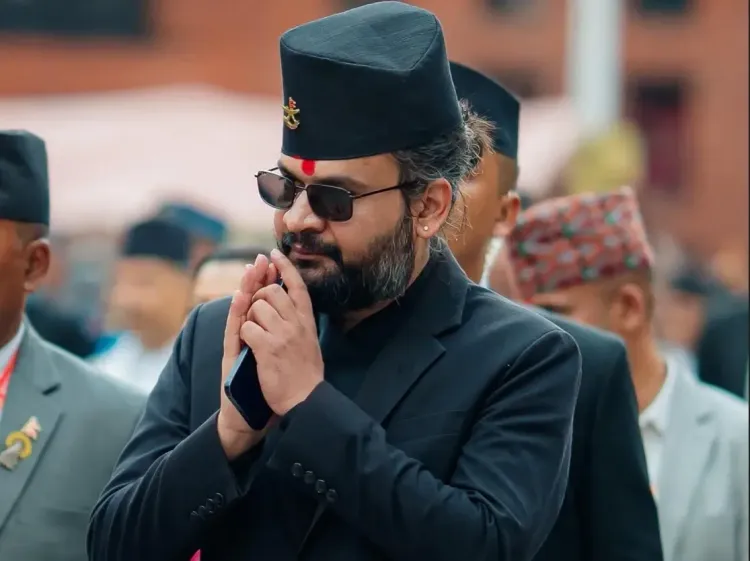
Synopsis
Key Takeaways
- Balen Shah emphasizes the need for patience during political transitions.
- Endorsement of Sushila Karki suggests a focus on experienced leadership.
- Political aspirations should prioritize long-term change over short-term gains.
- Growing agitation among youth reflects a desire for systemic reform.
- Over 13,500 inmates escaped from prisons amid ongoing protests.
Kathmandu, Sept 10 (NationPress) Rapper-turned-politician and Kathmandu Mayor Balen Shah has made a public appeal for calm and patience as Nepal gears up for a transition into an interim government.
In a social media message directed at Gen Z and the wider Nepali audience, Shah recognized the country's movement into an extraordinary political era and voiced support for the establishment of a caretaker government to facilitate new elections.
Shah backed the suggestion to appoint former Chief Justice Sushila Karki as the head of the interim government, calling it a wise and considerate decision by the youth.
“Your awareness, judgment, and unity deserve deep respect,” he stated.
He warned political aspirants against hastily pursuing leadership roles, emphasizing that their energy and dedication are essential for enduring change, rather than fleeting arrangements.
“Elections will occur. Please don’t rush,” Shah reiterated.
In a direct message to Nepal’s President, Shah urged the immediate dissolution of Parliament and the formal creation of an interim government, stressing the necessity to safeguard what he described as a “historic revolution” initiated by Gen Z.
This post arrives amidst a rising public dialogue surrounding political reform and youth-led movements in Nepal, as demands for systemic change gather momentum.
Meanwhile, the leaders of Nepal’s Gen-Z remain split regarding the leadership of the next government as of Wednesday evening, ahead of a critical meeting with the senior leadership of the Nepal Army, which has taken on the responsibility of maintaining law and order following Tuesday's unrest in Kathmandu.
The Nepali Army had invited protest leaders for discussions after Prime Minister K P Sharma Oli stepped down amid significant Gen-Z protests against his administration on Tuesday.
Numerous Gen-Z activists have been engaged in internal discussions to finalize an apolitical figure to lead the next interim government. However, no consensus has been reached regarding the name, according to two Gen-Z leaders.
Rabi Kiran Hamal, a Gen-Z leader involved in the discussions, disclosed to IANS that names such as former Managing Director of the Nepal Electricity Authority, Kul Man Ghising, and Dharan City Mayor Harka Sampang have also been considered.
Hamal, who has been identified as a supporter of the royalist Rastriya Prajatantra Party, expressed his desire for a Gen-Z representative to lead the upcoming government.
Karki, aged 73, was appointed as Nepal's first female Chief Justice in April 2016 and retired in June 2017. She faced a brief suspension from her role after lawmakers from the then-ruling parties—Nepali Congress and CPN (Maoist Centre)—filed an impeachment motion against her in April 2017 over an alleged biased ruling. In another case, she played a critical role in the removal of the influential chief of the anti-corruption body due to eligibility concerns. Many view her as a remarkably strong-willed woman.
In a statement released on Wednesday, Nepali Congress General Secretaries Gagan Thapa and Bishow Prakash Sharma emphasized that any actions taken under the “doctrine of necessity” must progress through constitutional and legal channels.
Additionally, Nepal Police reported that over 13,500 inmates escaped from prisons nationwide on Tuesday and Wednesday as the police force was incapacitated during the Gen-Z protests across the country.
“More than 500 individuals who were detained for investigations also fled from custody,” stated Nepal Police Spokesperson DIG Binod Ghimire.
He noted that the law-and-order situation remained largely stable on Wednesday across the country, with major incidents occurring primarily in the Kathmandu Valley.


